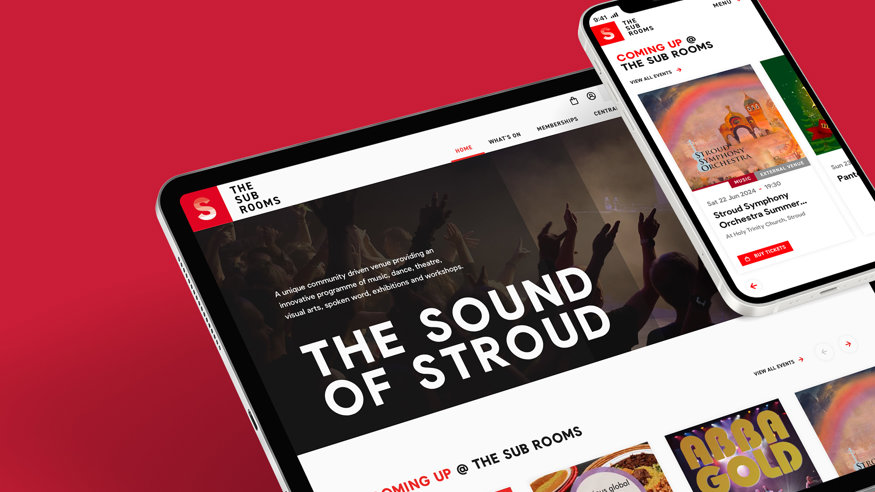Do you use WordPress?

To give an overview, WordPress is a free and open-source content management system which is most commonly associated with blogging. It’s PHP based which means it’s a framework for which several predefined plug-ins are available – essentially you don’t need to know about or be able to code to use it. Sounds great right? Well it depends on what you’re looking to achieve.
If you’re looking for a quick, low-cost way to create your own website then WordPress is for you and is the reason why ~32% of companies (in particular start-ups and small business) are currently using WordPress as their preferred platform.
By comparison, if you’re looking for an advanced, bespoke website or system integration, then we’d always advise going down the more bespoke route. This is because, in contrast to WordPress, bespoke sites (in particular those built using the Umbraco content management system (CMS)) require a developer to code not only in ASP.NET but also HTML, CSS, Javascript and so on.
This may sound more complicated, however if you’re outsourcing your website to an agency anyway, then this is by far the most adaptable and secure route to go down for the following reasons:
- Adaptability: A bespoke, Umbraco site is built from scratch, which means the developer can pretty much build any functionality you would like.
- Site longevity: using Umbraco means your site will be fully-customisable now and in the future, allowing you to constantly build-on and update it as your needs (and potentially audience) change.
- Plugins: WordPress sites typically use a number of plug-ins – which can have problems down the line in terms of SEO, responsiveness and security. See our journal on plug-ins.
- Security: with a bespoke, custom-built Umbraco site, the developers are aware of each and every line of code that sits behind your site and so can actively protect it against potential hacks and/or security breaches – something which, due to the number of unknown plug-ins and back links used, WordPress is known to struggle with.
- Data security & GDPR: whilst steps can be taken to improve the GDPR compliance of a WordPress site the use of plug-ins does unfortunately increase the risk of data breaches. This is because plug-in makers tend to be individual developers or small companies that may not necessarily know or fully understand the legal implications of the personal data that their plug-ins collect and use.
- Design consistencies: WordPress is not templated - whilst this provides greater flexibility to the CMS user (in particular those looking to have complete control over the look and feel of their website), it can unfortunately lead to design inconsistencies and thus detract from the premium look and feel that most businesses are trying to achieve.
So why don’t we take-on existing WordPress sites? Simply put, our developers don’t use it. We prefer to code websites from scratch (primarily using the Umbraco CMS), so it’s optimised for our customers as this allows us full control over the coding elements and in particular, the security and integrity of the site, and its data.
Any questions or interested in hearing more? Please do get in touch!
Share article:

2026 | Digital trends and predictions
Based on current trends and developments across the digital landscape, predictions suggests that 2026 will be shaped less by new technologies and more by how mature ones are applied— primarily driven by embedded AI, simpler digital experiences, evolving search behaviour, and rising expectations around privacy and trust. This blog explores the key areas where these shifts will be most visible.
Read more
Upgrading to Umbraco 17: a strategic investment for your business
Used and trusted by both developers and marketers, Umbraco offers a high level of customisability, with the latest long-term-supported (LTS) version (Umbraco 17) currently scheduled for release in November 2025. Featuring improved performance and developer tooling, alongside support for the latest .NET versions, Umbraco 17 offers a number of benefits including enhanced security, streamlined workflows, and improved scalability.
Read more
How to avoid website project horror stories!
Maybe you've been there before, maybe this is your first time creating a website. We have seen website projects at all stages turn from dreams into nightmares very easily, often being the ones at the other end helping our soon to be clients put it back on the right path.
Read more
Exploring the benefits of Umbraco 17: a leap forward in CMS flexibility and performance
Umbraco has long held the reputation as a flexible, developer‑friendly content management system (CMS) and with the release of Umbraco 17 scheduled for November 2025, the platform is continuing to evolve. Umbraco 17 will be the next Long‑Term Support (LTS) version, aligned with the upcoming .NET 10 LTS release, and is expected to include enhancements in performance, developer experience, and content workflow modernisation.
Read more
The future is bright for the Sub Rooms
New website and Spektrix integration helped Sub Rooms turn a corner
Read more
Website builders vs bespoke: which is right for your business?
In a digital-first world, a company’s website (and its overall effectiveness) is of paramount importance, serving as both the first impression and initial introduction to a brand. Traditionally built from the ground up by experienced developers, website creation has become increasingly accessible, primarily due to the rise of website builders such as Squarespace, Wix, Weebly, and Webflow, These platforms offer powerful tools, sleek templates, and rapid setup options, without the need for direct developer involvement. However, for businesses with more complex or unique requirements, they can be limiting, with many instead opting for bespoke development tailored to the specific project goals, workflows, and user experience. This blog outlines the pros and cons of each –off-the-shelf website builders vs bespoke development.
Read more
How to spot a text message, iMessage or WhatsApp scam
Top 6 red flags for suspicious text messages
Read more
Benefits of team building away days
We were delighted to welcome South West HR consultants, Rise HR, for a for a training day
Read more